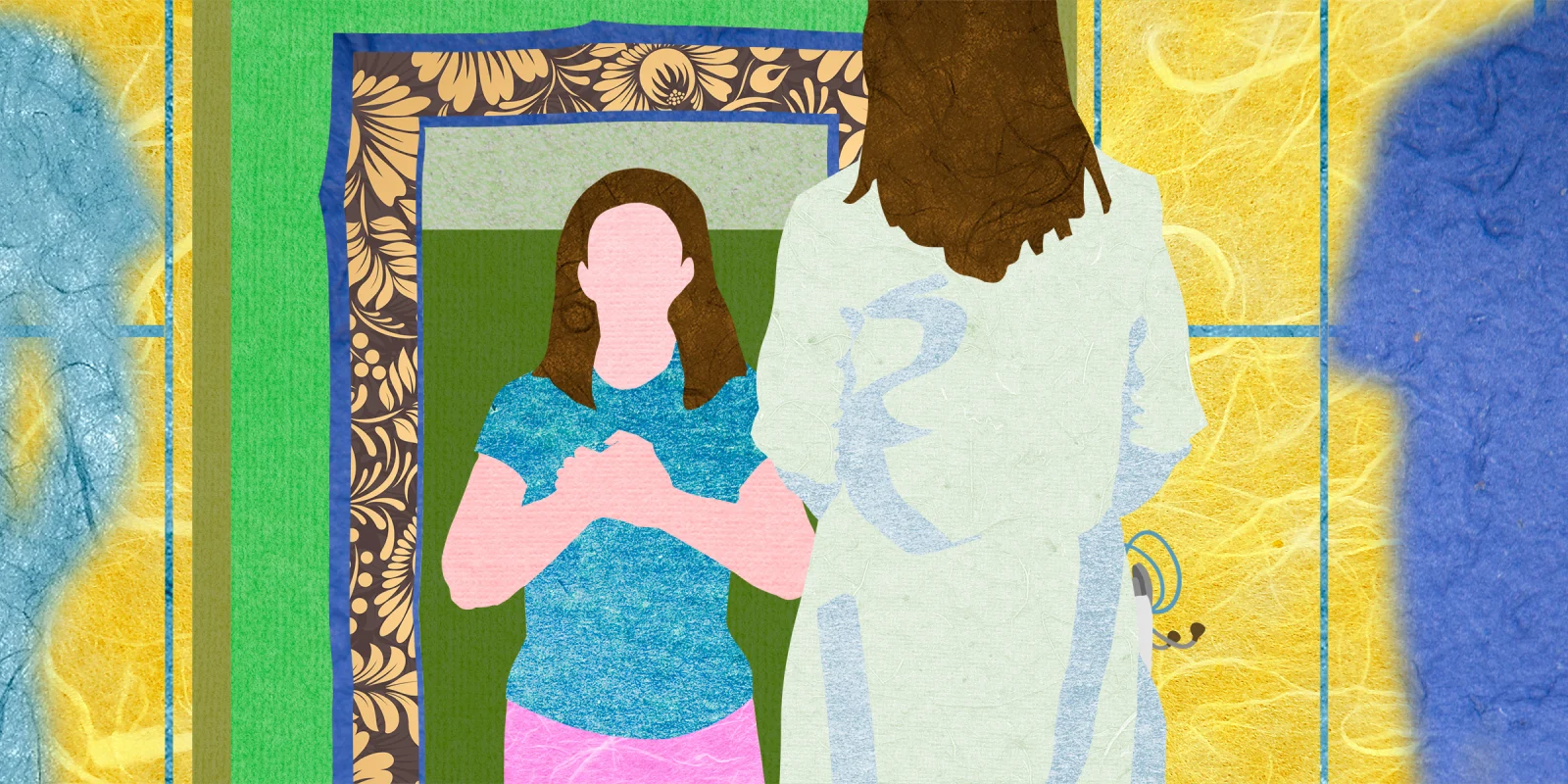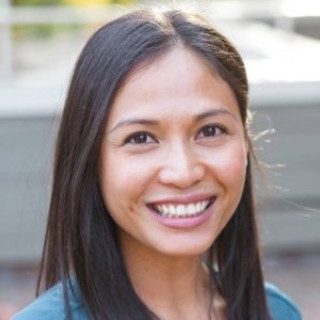Throughout history and across cultures, stories about heroes on quests, facing challenges, and achieving great things, have been told over and over. The American mythologist Joseph Campbell calls this foundational structure “the monomyth” in his book, “The Hero with a Thousand Faces.”
The hero archetype is one that is employed by many to describe their lives, and although I rarely considered myself a hero while working as an NP, I wondered if my experiences could be described as a monomyth. Using a simplified template of Campbell’s monomyth, here is my attempt to tell my heroic story.
My monomyth began with me living an ordinary life where I felt lost and unfulfilled. In my early 20s, I heard my call for adventure. I wanted to do something important with my life. This want/need to do something meaningful led me to apply to an NP program. Once I was admitted to the program, my call to adventure was born.
According to Campbell’s monomyth, once the hero hears the call and accepts it, the hero ventures into the unknown. Learning nursing and entering the world of Western medicine was my “unknown.” In school I learned anatomy, physiology, and pharmacology. Learning medicine was like learning a whole new language. And as I switched specialties throughout my career, the unknown came to include the different specialties I worked in — nephrology, gastroenterology, then asthma and allergy. And the unknown also included working with patients, doing physical exams, diagnosing, treating, and communicating with patients about their illnesses.
In the monomyth, when the hero ventures into the unknown, they meet allies who provide help along the journey. I had many allies: physicians, nurses, dialysis technicians, and patients. I will never forget my physician mentor in my first nephrology job who took me under her wing and showed me how to be a good clinician. She taught me her techniques with physical exams and patient histories, and taught me how to deal with emergency medical situations in the dialysis units. She taught me about heart sounds, saying, “To describe heart sounds and irregularities, listen carefully to the heartbeat and sound them out loudly in your mind as you hear it. You will hear the rhythm and if there is an extra sound, that is S3 or S4.” And so I did. “Lub dub, lub dub.” That is a regular heart beat. “Lub dub dub dub.” That is an S4 sound.
In the beginning, my mentor double-checked everything I did, even if that meant staying past the end of our shift. Some practitioners might think her method of teaching was controlling, but as a new NP, I appreciated it. After all, at that time, my quest was to learn nephrology and I was very grateful for her willingness to take the time to teach me.
Next, the hero encounters “road trials,” or tests that help them grow. When I first started as an NP, I battled my fears about my abilities. As a mid-level health care practitioner, the idea of being able to diagnose and treat patients was terrifying. Thoughts like, “I am not trained enough to do what I do,” or, “I am just an NP,” lingered. There were also times when patients did not know what an NP was and I needed to explain the scope of my practice. Sometimes the patients were comfortable and other times they were unhappy and left the office.
Additionally, learning to stay calm in stressful situations, while being responsible for people's lives, was challenging. I recall my first time watching a patient crash during dialysis. My first thought was we needed to call 911. To my surprise, the nurses handled the situation by giving the patient a bolus of saline, giving oxygen, slowing the ultrafiltration rate, and repositioning her. In gastroenterology, I recall turning a patient over for a rectal exam and finding a pool of blood saturating the hospital bed due to an active lower GI bleed. There were times I wanted to scream. There were days I thought I could not handle the responsibilities. There were days that the stress, fears, and obstacles made me feel lost and question my purpose.
In the monomyth, the hero overcomes obstacles and achieves the journey’s goal: the “ultimate boon.” To overcome my obstacles, I studied, I listened, and I observed. I asked questions and checked in with doctors about my assessments and plans until I was comfortable doing them on my own. I used medical resources. I managed my time well with checklists. I meditated, prayed, and journaled about my thoughts and my emotions. Lastly, I worked well with others, seeing the value of teamwork in providing quality care.
My NP career in three different specialties taught me that learning takes patience, humility, and courage. Over time, I started to see that I was capable and I started to believe in myself. Initially, I thought my boon was only to learn medicine and become an NP to help others. But in the end, believing in myself became my ultimate boon, and I took it with me each time I switched specialties. As the hero transforms, they return to the ordinary world as a different person with a new perspective. Once I started to believe in myself, I started to see my life as an opportunity for growth.
I am grateful for my NP journey. Not only did it allow me to venture into the unknown world of medicine, it also encouraged me to venture into the unknown world of me, where my fears and self-doubt lived. In the end, my journey to becoming an NP also became my journey to finding me — a journey to finding a deeper knowing of me.
Some propose that the monomyth reflects the transformative journey of us all. That we all are heroes on our own journey. So where are you on your journey? What is your quest, your challenge, and your ultimate boon?
Joanne is a mother and NP from San Francisco, CA. She loves to write about the intersection of health, spirituality, feminism, and motherhood. A story's ability to inspire wisdom and self-reflection in others is what motivates her to write. She is a 2020–2021 Doximity Op-Med Fellow.
Illustration by Jennifer Bogartz







